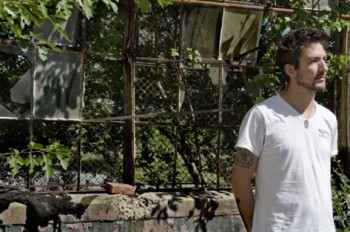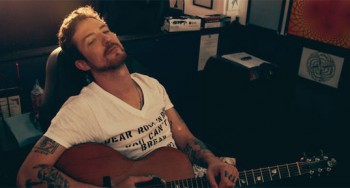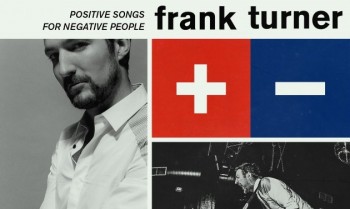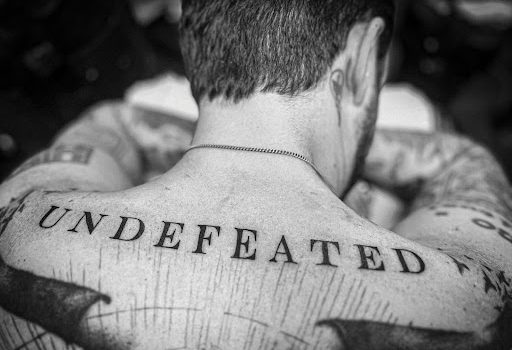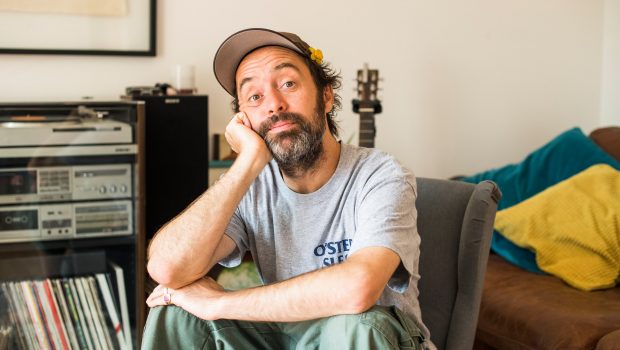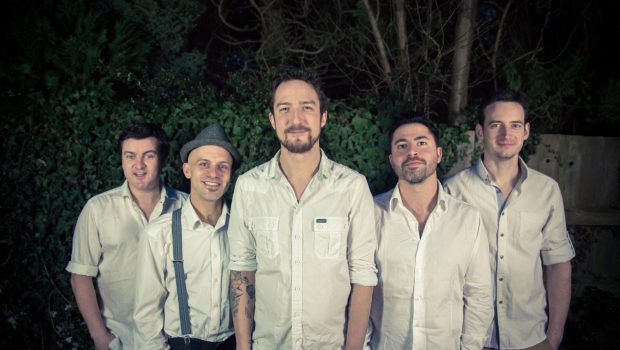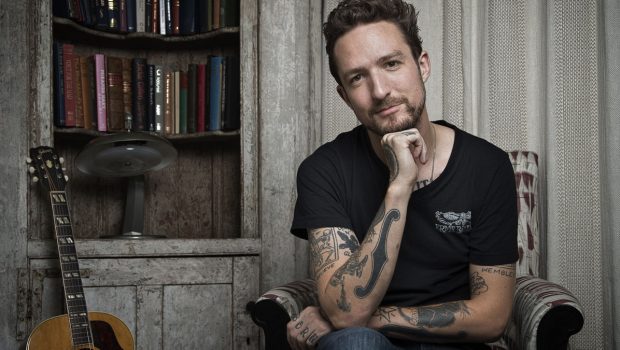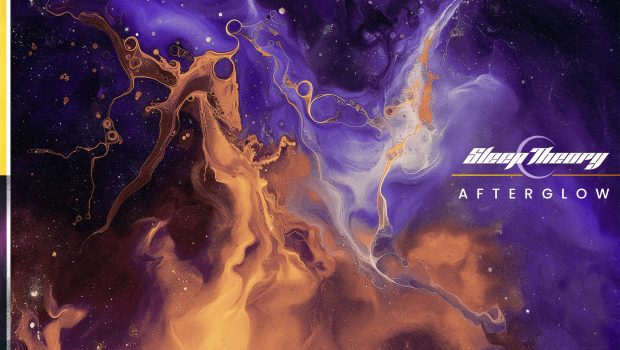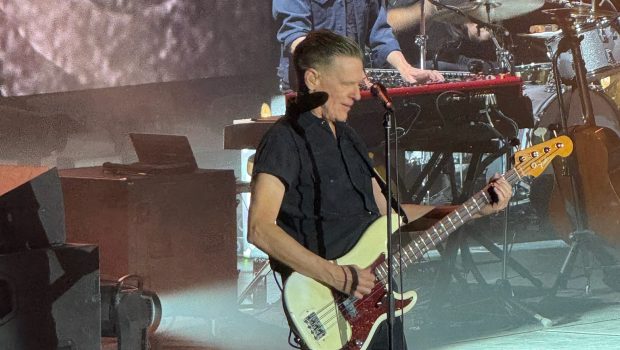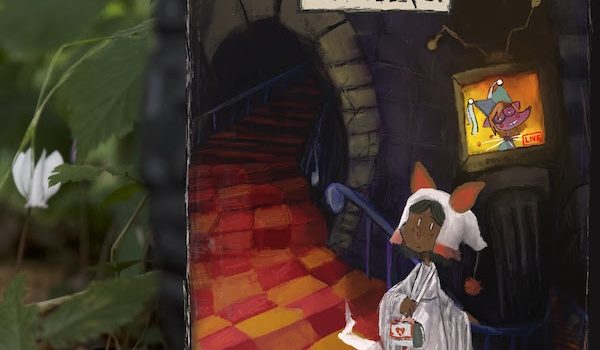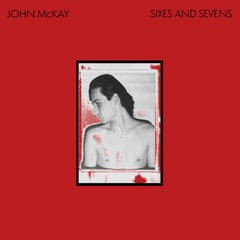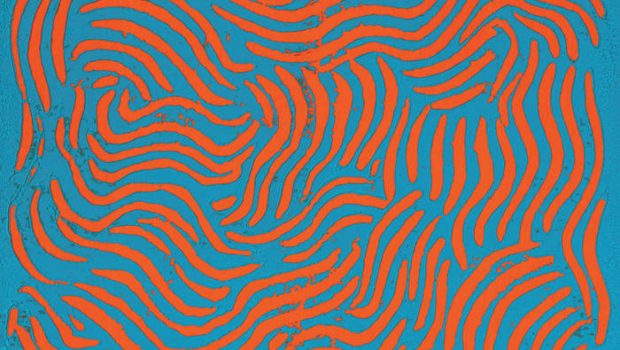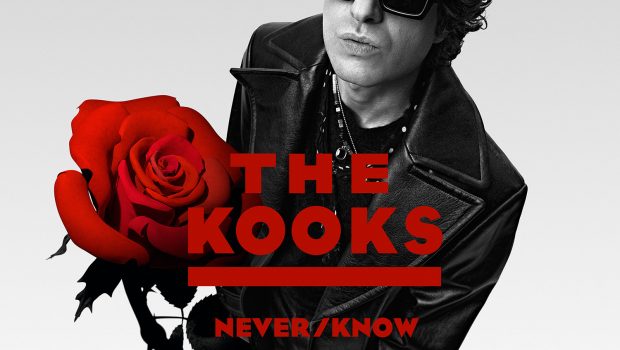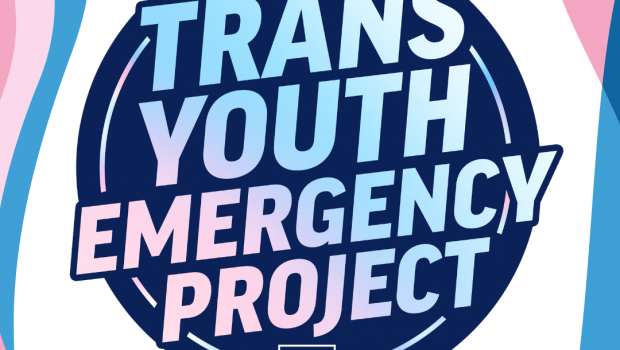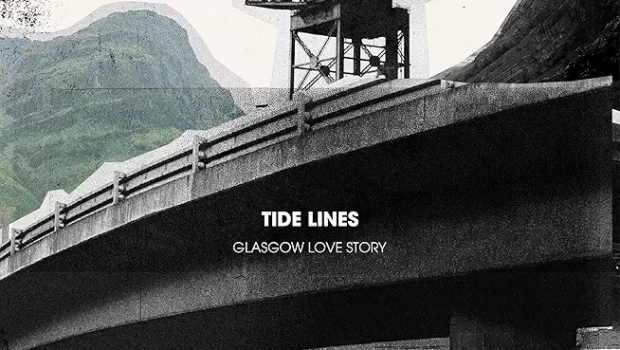Night & Day Café, Manchester – 10/08/2015
Before playing to an excited Night and Day audience Frank Turner took time out from his busy schedule to speak to Silent Radio’s Paul Clark about his new album Positive Songs for Negative People.
It had already been a busy day for Frank Turner by the time I caught up with him. He had spent that afternoon doing an in-store appearance to promote his latest album. The ceaseless schedule appeared to be having no have effect on him as he led me to the backstage area of the Night and Day Café in buoyant mood. He surveyed the amply stocked dressing room mini bar and declared it ‘too early’ for a beer; instead he plumped for a bottle of water to keep him going while he reflected on the process of writing and recording solo album number six. For this one he changed his approach and decamped to Nashville to record with the esteemed producer Butch Walker. Although this is not a ‘Nashville’ album, it doesn’t have the recognisable twang that you’d expect. “That might be the next record. I have been listening to nothing but country music of late,” Turner offers as a preview of what to expect to hear from solo album number seven. For now it’s all about his sixth, and what a magnificent body of work it is.
From listening to Positive Songs for Negative People, you would never have guessed that its birth was such a difficult one. From the beginning, the record label weren’t too sure about his first choice of producer and this caused a fair degree of tension. “I had to fight pretty hard with Polydor on this one. Record labels have a tendency to play it safe. They want to get you a big name producer. They don’t trust artists, because they are fucking idiots [record labels]. You can quote that,” he said as he leaned towards my recording device to make sure that point was made clear.
His persistence has clearly paid off and the record is very much the concept that he’d imagined. Which was something of a relief to Turner. “I presented the way I wanted the album to sound and how I wanted it feel. The label was trying to talk me out of my initial ideas. I was like fuck off.”
It was clear to Turner that it had to be Walker that would produce the album. “I was listening to records that I like and genuinely didn’t know that Butch Walker was a producer. He’s a singer songwriter too. He’s got a record called The Spade; it’s got a country vibe to it and it’s not a million miles from what I do. It has a rawness and a pop soul.”
It makes you wonder why the label was so against Turner’s choice, especially given the stellar list of artists that Walker has worked with and his own background as a songwriter. Turner highlighted the stand off that emerged from the initial discussions. “The label was like. You okay? Like, what? The guy who produces Pink and Taylor Swift? I said, what? Then there was this real moment of like everyone staring at each other and going, what?”
There were still reservations from the label, despite eventually agreeing to Turner’s choice. “The label was going it’s a good idea, but he’s too expensive. Then I got in touch with him via mutual friends. I explained the situation and he was like ‘dude, I love your stuff. Don’t really give a fuck about money, let’s make it happen’. And then from there things went really fast. We had nine days in the studio. Smashed it out. We spent a tiny bit of time tweaking. Put some extra guitars and a horn section on it. One of the things that I’m proudest of about the record is, I dropped in one verse. Every song is one vocal-take from the top to the bottom of the song with no edit or tuning.”
There is playfulness about the album that is contrary to the issues faced during its conception. There are sad elements, in particular Song for Josh, which is a lament for his friend Josh Burdette. “I don’t think anyone is relentlessly positive or negative, or happy or sad. That’s not really how life is.” As one of life’s great chroniclers this rings true throughout Positive Songs for Negative People, there are lighter moments that didn’t exist on the previous release, Tape Deck Heart. “One of the images I had in my head. I just remember when I was at school – the endless teenage debates. Some people would go like ‘why would you listen to Radiohead? It’s really depressing and other people would go. ‘I listen to Radiohead because it lifts me up’. Some people understand that downbeat music can be uplifting and some of them don’t. I’m definitely in the former camp.”
Tape Deck Heart was the classic breakup album that singer songwriters can’t avoid writing at points in their careers and the new album was a way of putting those experiences behind him. “Everything I do is reactive, because I write continuously. There’s a thread running through my work. Tape Deck Heart was about a horrible part of my life. And entirely self-inflicted, I might add. The idea of it was a break up record from the point of view of the perpetrator and not the victim. It was an unhappy time. Thrown into that, when we started touring that album, I injured my back quite badly, and I had my first good old fashioned press kicking.”
It was interesting that he mentioned some of the negative press reaction for what boils down to good old-fashioned inverted snobbery. I suggested that he is one of the only songwriters in the country that has to justify their existence to the extent that he does. “Everyone gets them sooner [press kicking] or later and you can’t spend your life self promoting and then complain that not everybody loves you immediately afterwards.”
This focus on his upbringing still hasn’t relented with the release of his latest album; a couple of reviews that I read prior to the interview had reference to what should have been old news by now. “Really? Six albums in? Do we really need to be spending three quarters of the review discussing where I went to school and my scholarship? It’s frustrating.”
Though it seems to be the case that it is only this country that his background is still mentioned. “It’s refreshing to go to America and they just don’t care. They judge who you are on what you do. I might add they have completely misguided impressions of what my parents did for a living.” Not that he is bitter about the reaction; he does have a sense of perspective of how he is perceived. “It’s fucking annoying [the reaction]. That said, my diamond slippers are chaffing, there are worse things to deal with in life.”
There was a conscious effort from Turner to divert from the course that his initial writing sessions seemed to be taking him and to steer the album to calmer waters. “I thought fuck it man. Particularly when it came to songwriting. I’d just written a lot of very morose songs. You know, I don’t want any more songs like that any more; I want to pick myself up and do something really positive. The first song I wrote from the album was Opening Act of Spring. What I like about it is, I feel like when you can hear that song you can hear me change my mind and my mood half way through. At the start of the middle eight, I think fuck it, start looking up instead of down. And then it finishes in a good place. Then Getting Better came and suddenly the next one came and suddenly there’s a vibe.”
This spirit is certainly captured on the song Love Forty Down, which possibly offers the perfect metaphor for life through the sport of tennis. “Sadly, it’s not going to be a single, because it’s too fast. There was a discussion that if it was a single we could get John McEnroe in the video.” The genesis of the song highlighted Turner’s ear is always attuned to the potential of a new song arriving from the unlikeliest of sources. “I was stretching my back out after a show, with an amazing Australian punk band, The Smith Street Band. I was touring with them in the States and they were playing ping-pong and they said that I was love-twenty-down. I went hmm, that’s an expression that could be usable. I thought, break point? I was thinking ‘come on man, there’s a fucking song there’.”
One of the other highlights is Silent Key, a song that imagines the final moments of NASA astronaut Christa McAuliffe who was killed in the Space Shuttle Challenger disaster in 1986. The key element that underpins the song is the beautifully haunting female vocal from Esmé Patterson. “I spent ages trying different lists of names with female singers. It was quite important to me that it was an American singer, as it seemed respectful to the memory of Christa McAuliffe.” The Night and Day Café plays a part in that collaboration coming together. “I did a bunch of shows, here (Night and Day) in January with Esmé and I heard her singing. We were backstage at 93 Feet East, in London. I played the song and gave her the lyrics and the minute she opened her mouth, I thought ‘no one else is singing this again’.”
Given his recent experiences with the press, Turner is aware of the pitfalls of writing about a real person in a fictional way. “Incidentally, after writing the song, I actually found out there was a tabloid spoof that she had actually been broadcasting. Which I didn’t know and the song is not a reference to that. I’m not endorsing that kind of bullshit. It’s a load of nonsense. It’s a conceit. It’s a fiction, but I have been careful. I know she’s a real person and has family that exists and there is a possibility that one day that they might hear the songs and I hope that its not disrespectful to that any person.”
The new album does feel that it has spontaneity to it, almost as though he is channelling the energy of his debut solo record, for Turner he believes that the process feels more like that of his first band.
“Actually it’s more a case of thinking about the first Million Dead record, than my first solo record. On my first record there are some band arrangements on there, but it was very much a case of, I played everything except for the drums. The first Million Dead record, like a lot of bands, we had a set of songs that we had rehearsed and honed in the live context. We played the songs and fucked off on tour. That’s what a lot of debut records are like. That’s how Bleach [Nirvana] was recorded. I Should Coco by Supergrass. That’s why a lot of those records have that fuzzy fizzy kind of feeling.”
For those that have invested in the deluxe version of the album, they have been treated to a set of acoustic versions of the songs. “The idea for that was Billy Bragg’s Mr Love and Justice. Bill and I both suffer, not suffer, that’s too strong a word. We always have some arsehole going ‘release the band; I preferred it when it was just you and the guitar’. By doing it this way, you keep everyone happy.”
This begged the question as to whether he learns more about songs performed in a more stripped back way. “You learn by switching it up. That’s the thing that I love. I love getting off a three-month band tour and doing a solo show or doing a three-month solo tour. I’ve been doing quite a few solo shows lately. Then on Thursday and Friday, we did two band shows. It’s fucking good hitting that first note with a band and getting the power that’s been missing as a solo artist. There’s a freedom with just a guitar. I can play anything that I want at any speed that I want and I don’t need to get anyone’s permission to change the set list.”
Turner added that the variations and styles of gigs that goes into his shows has more than changed his perceptions of what he does. “You learn the art of performance from different size rooms. Something that I figured out a few years ago and I wish I’d worked out sooner musicianship performance, and songwriting are entirely separate disciples. We are all trying to be good at all three of them, but some are better than others. The reason Springsteen is so fucking good is that he is a master of all three disciplines.”
It’s been a productive year all-round for Turner, what with the release of his latest album, there was also the publication of his first book, a tour diary called The Road Beneath My Feet, which has been well-received by critics and fans alike. “I’ve had a number one book before I have had a number one album. Looks like I’ve been barking up the wrong tree for however long.” Though at the time of writing his latest album charted at number two, so he could be on course for a double for the year.
Despite making everything he does appear to be effortless (even though that’s not the case) the writing of the book was hard going. “It was funny It was quite a long process writing the book and erm, I’ve never written a book before and it turns out that its fucking harder that its way going to be and I take my hat off to anyone who has written a book. It’s tradition that you read through a final edit and I was thinking I can’t fucking believe that I am about to release this to the world.”
With that, he was off for a bite to eat and a chance to rest before he delivered a blistering set to the packed ranks of the Night and Day Café. The one thing that came from the interview is his passion for what he does and that was no less intense when he stepped out on stage later that evening.
Frank Turner Official | Facebook | Twitter | Soundcloud
